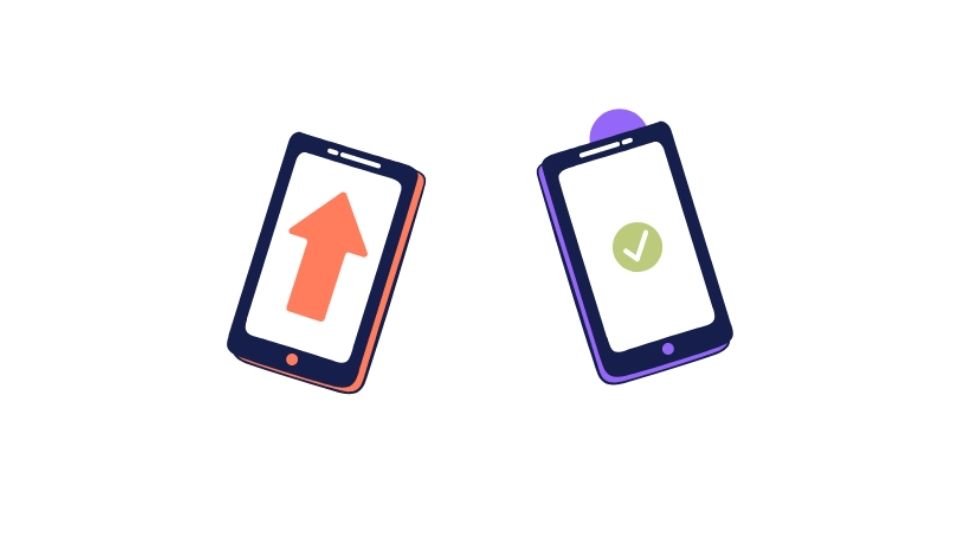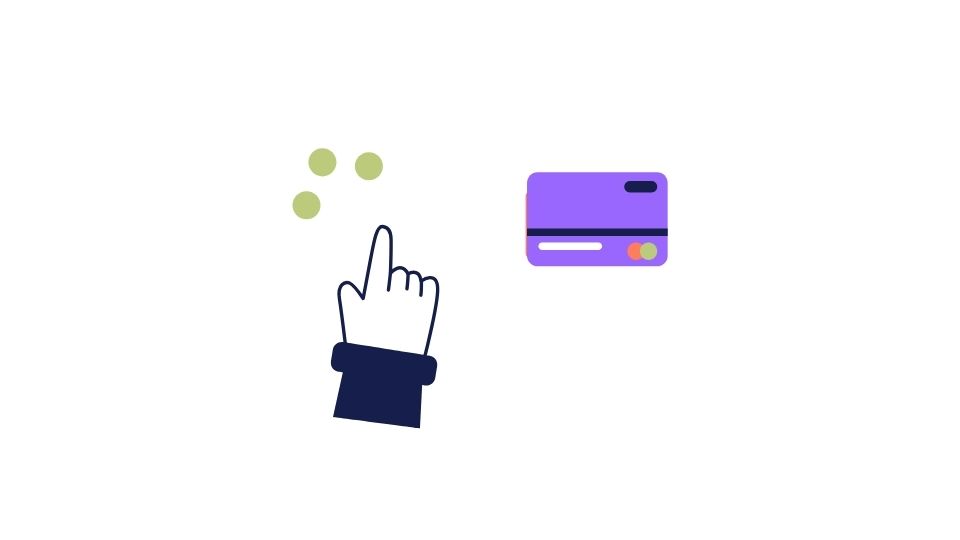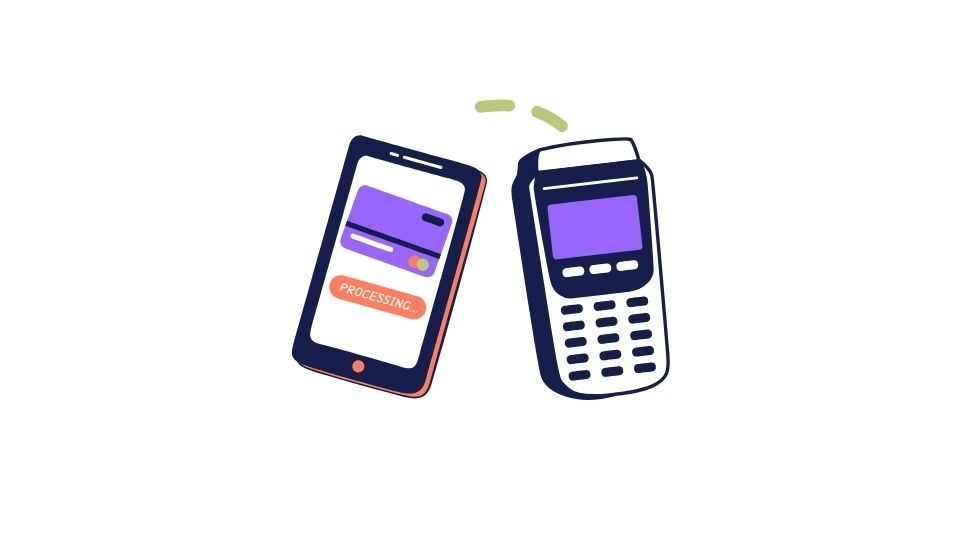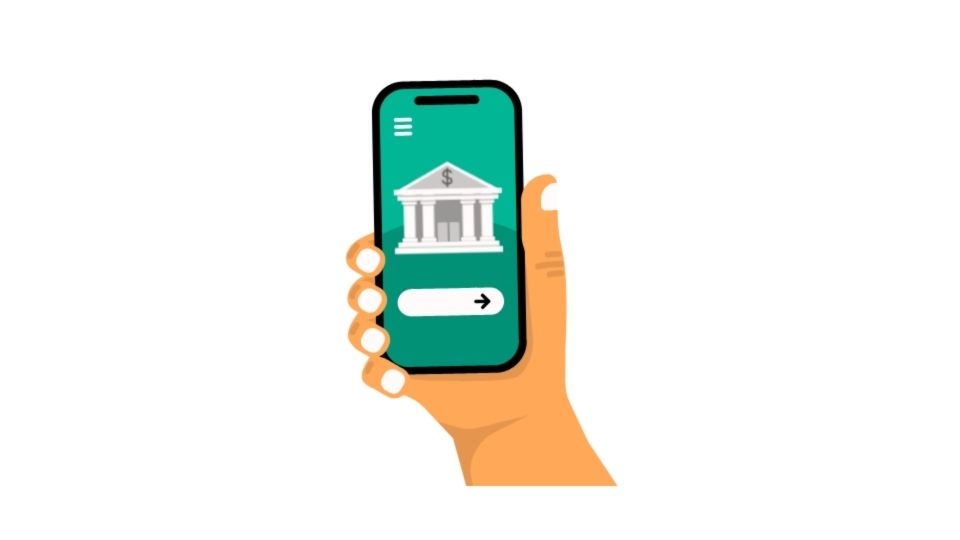How to Transfer Funds from Your Health Equity Card to a Bank Account

Ever tried to move money from your Health Equity HSA to your regular bank account?
Maybe you need cash for a medical bill. Or maybe you just realized you can reimburse yourself for that doctor visit from 5 years ago (yes, that’s allowed!).
Whatever your reason, I’ve got you covered with the exact steps to transfer funds from your Health Equity account to your bank account.
And most importantly, I’ll explain when it makes sense to do this – and when it doesn’t. Because there are some serious tax implications you need to know about.
How to Transfer Money from Your Health Equity Card to Your Bank Account
Let’s get right to it. You can absolutely transfer money from your Health Equity HSA to your personal bank account. But there’s a right way to do it.
The step-by-step process

Option 1: Using the Health Equity website
- Log in to your account at HealthEquity.com
- Click on the “My Account” tab
- Select “Make a Payment” from the dropdown menu
- Choose “Pay Myself” (this is key – you’re reimbursing yourself!)
- Enter the amount you want to transfer
- Select your bank account from the dropdown (or add a new one if needed)
- Choose whether this is for a specific expense or a distribution
- Review and confirm the transfer
If you haven’t linked a bank account yet, you’ll need to add one first. Health Equity will make small test deposits to verify your account – this usually takes 1-3 business days.
Option 2: Using the Health Equity mobile app
The app makes this even easier, especially if you’re reimbursing yourself for a medical expense you just paid for.
- Download and open the Health Equity mobile app
- Log in to your account
- Tap on “Pay Yourself” or “Reimburse Myself”
- Enter the amount to transfer
- Select or add your bank account
- Take a photo of your receipt (if applicable)
- Submit and confirm
The money typically arrives in your bank account within 3-5 business days. Not bad!
Important considerations before transferring money

Here’s where things get serious. There are some crucial distinctions between different types of transfers from your HSA:
Qualified medical expense reimbursements
If you’re transferring money to reimburse yourself for qualified medical expenses you paid out of pocket, that’s 100% fine. No penalties, no taxes.
And the best part? There’s no time limit for reimbursement. You can pay for a medical expense today and reimburse yourself 10 years from now if you want to. This is a powerful strategy for building your HSA balance while maintaining flexibility.
Just remember to keep your receipts to prove the expenses were qualified if the IRS comes knocking.
Non-qualified withdrawals (distributions)
Here’s where you need to be careful. If you transfer money for non-medical reasons, you’ll face:
- 20% penalty if you’re under 65 years old
- Income tax on the withdrawn amount (at any age)
After age 65, the 20% penalty disappears, but you’ll still pay income tax on non-qualified withdrawals.
This is why HSAs are often called “stealth IRAs” – they eventually function like traditional retirement accounts if you don’t use them for healthcare.
Common questions about Health Equity transfers

“Can I transfer directly from my Health Equity debit card to my bank?”
No, you can’t transfer money directly from the physical Health Equity card to your bank account. The card is for spending only. All transfers must be initiated through the website or app.
“How much can I transfer at once?”
You can transfer up to your available balance. There are no specific Health Equity-imposed limits on transfer amounts, but your HSA’s annual contribution limits still apply (in 2024, that’s $4,150 for individuals and $8,300 for families).
“Are there fees for transferring money?”
Health Equity typically doesn’t charge fees for standard ACH transfers to your bank account, but it’s always worth checking their current fee schedule as policies can change.
Smart strategies for using your Health Equity HSA

Your HSA is the most tax-advantaged account available in America. No joke. You get:
- Tax-free contributions
- Tax-free growth
- Tax-free withdrawals (for qualified expenses)
That’s a triple tax advantage!
So before you start transferring money out, consider these strategies:
- Pay medical expenses out of pocket and let your HSA grow if you can afford to
- Keep all medical receipts for future reimbursement
- Invest your HSA funds for long-term growth (Health Equity offers investment options)
- Use it as a retirement supplement after age 65
The ability to transfer money to your bank account gives you flexibility, but the best long-term strategy might be to leave the money invested and growing tax-free for as long as possible.
Remember, unlike FSAs, HSA funds never expire. Your balance rolls over year after year, potentially growing for decades.
In my own life, I try to pay smaller medical expenses out-of-pocket and keep the receipts. Then I let my HSA funds stay invested. If I ever need cash in an emergency, I can reimburse myself for those old expenses anytime.
When you look at your Health Equity account, don’t just see it as a medical expense account – see it as a powerful financial tool that gives you options both now and in the future.

